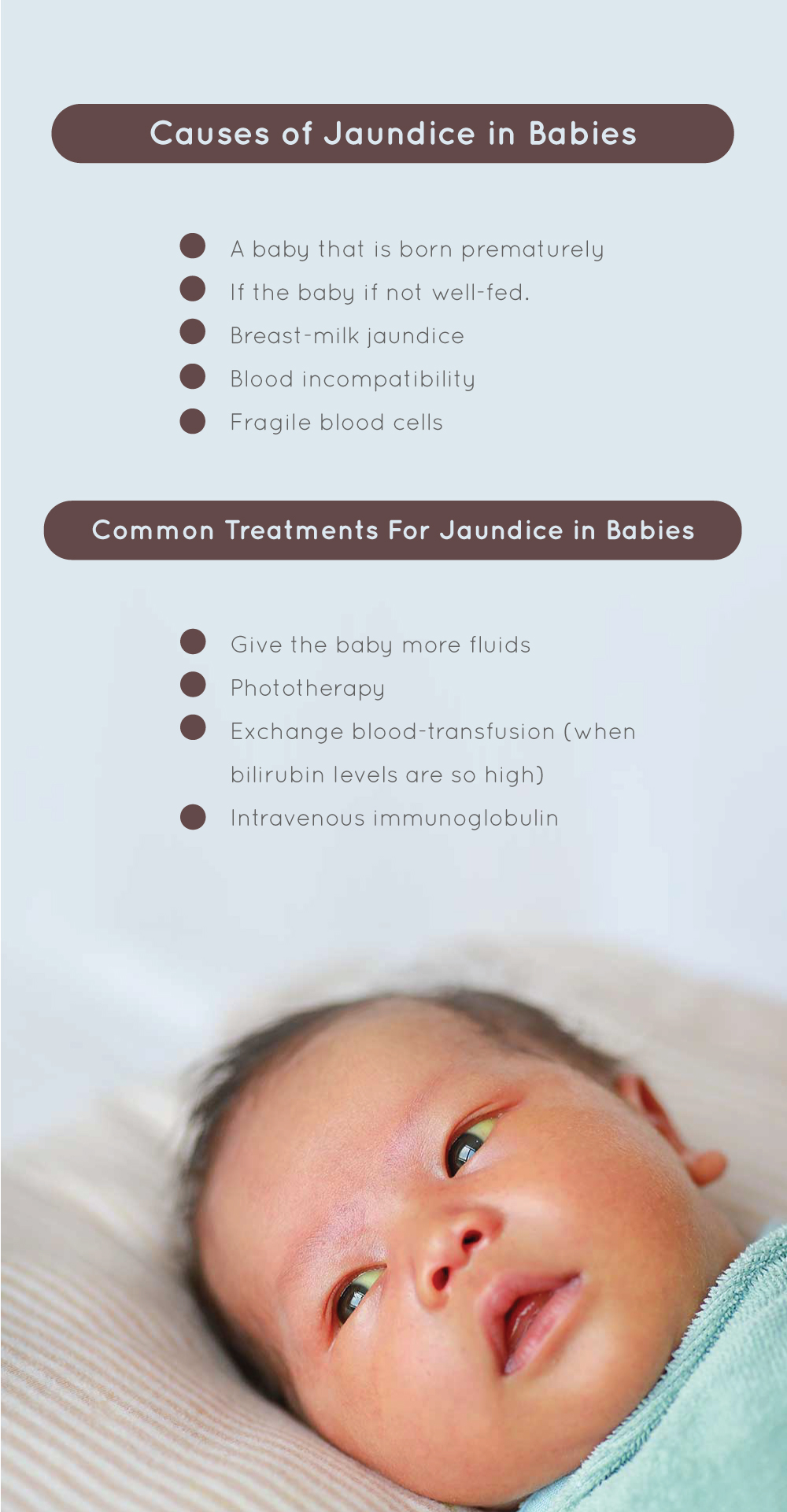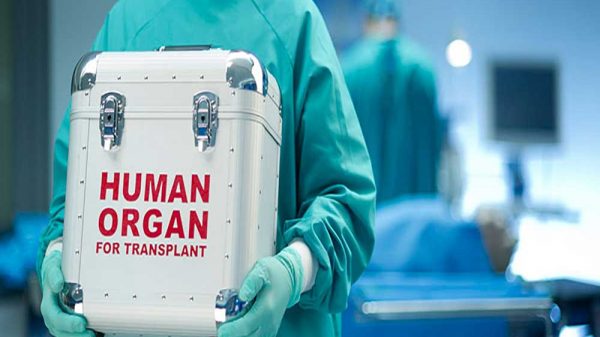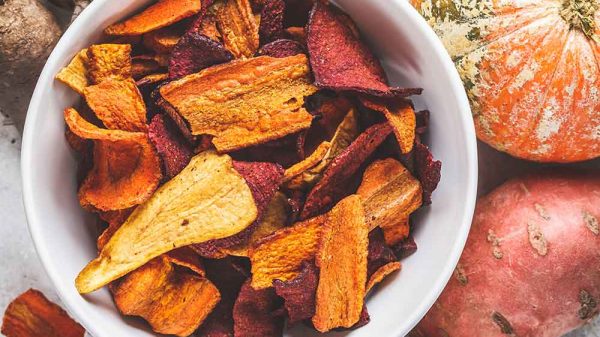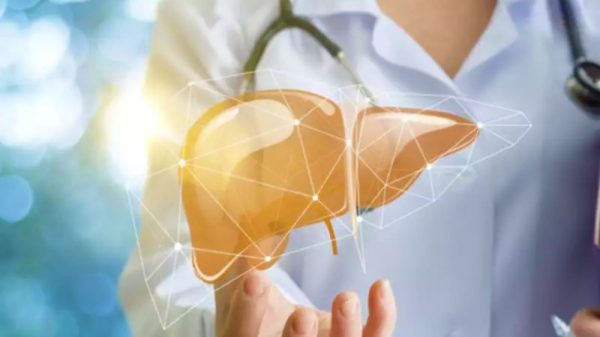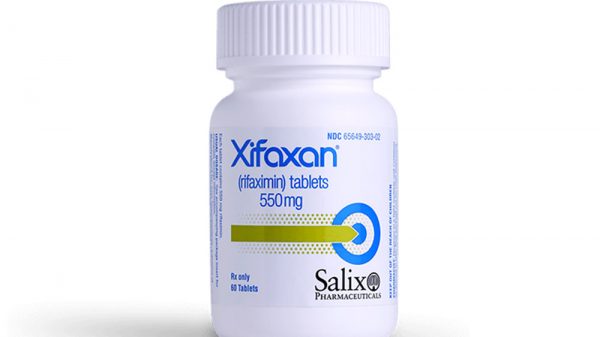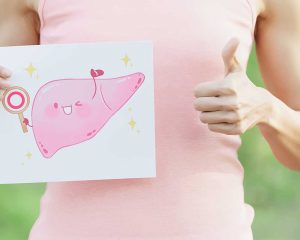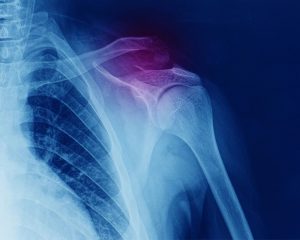When a baby has jaundice, you will notice that the baby’s skin and eyes will take on a yellow color. The reason for this is that there is excess bilirubin level in the blood of the baby. What is bilirubin? How does it get into the blood? Well, bilirubin is a yellow compound in the body that is normally produced when old blood cells are broken down. As blood cells get old, your body breaks them down and makes new ones. This happens in the bodies of both adults and children. This breakdown yields the waste product, bilirubin, which has a yellow color. Too much bilirubin will cause jaundice. In this article, we will show you the cause of jaundice in babies, as well as how to treat jaundice if your baby has it.
Your body indeed produces bilirubin when it breaks down red blood cells. This does not mean that everyone goes about with jaundice. Why is this so? It is so because the liver usually clears bilirubin out from your blood. It passes the bilirubin into your bowels for excretion. Now, the liver of a newborn baby is usually yet to develop to the point where it can sufficiently clear out bilirubin from the blood like that of an adult. That is the major reason why newborns usually have jaundice for the first few days on their lives till their liver matures well enough.
What Are the Causes of Jaundice in Babies?
The following factors can make a baby more prone to developing jaundice:
1. A baby that is born prematurely
Full-term babies have an immature liver that can’t process all the bilirubin that the baby’s body is producing. How much more those that are born preterm? Their livers are even more immature than that of full-term babies. This makes them more prone to jaundice.
2. If the baby if not well-fed.
Some mothers have a delay in milk production or the milk is not yet coming out very well. This means that the child would not be able to get enough nutrients. This can cause a type of jaundice, known as breastfeeding jaundice.
If a child has trouble latching or the mother has trouble with milk production, alternatives must be sought. Sometimes, however, feeding the baby more often can help prevent this.
3. Breast milk itself can be the culprit
This is like a plot twist. Breast milk can sometimes prevent liver cells from doing their job in rapidly removing bilirubin. They call this breast-milk jaundice.
But this does not go beyond the baby’s first 8 days of life. Then, the condition begins to improve slowly over three to 12 weeks.
4. Blood incompatibility
If the blood type of the baby differs from that of the mother, there may be a problem. The antibodies in the mother’s blood may cross over into the baby through the placenta.
The mother’s antibodies would then, attach the blood cells of the baby, causing rapid destruction. This means there will be more bilirubin and, as a result, jaundice.
5. Fragile blood cells
Any health problem or genetic problem that causes red blood cells to be very fragile would cause a rapid breakdown. This, in turn, raised the chances of jaundice. Examples of such conditions include hereditary spherocytosis, G6PD deficiency, polycythemia, and cephalohematoma, among many others.
How to Treat Jaundice in Babies
3 out of every five healthy newborns in America would have physiological jaundice. This is normal and is due to the state of the baby’s liver. The liver is not mature enough to handle Bilirubin.
More so, there are more red blood cells in newborns than in adults. Furthermore, the lifespan of these cells is shorter so the body breaks them down more frequently.
You can map out the result. The body of a baby produces more bilirubin. Whereas their liver cannot clear out much of it since it is still immature. This, in turn, leads to jaundice – physiological jaundice.
Physiological jaundice usually appears around 2 to four days after birth. It takes about 2 weeks for it to clear out completely and go away. This often requires no serious treatment.
However, treatment may become necessary if the bilirubin level rises too high. That is why doctors usually monitor the bilirubin levels of newborn babies every twelve hours until they are discharged from the hospital.
Mild jaundice would usually clear out after 1 or two weeks. The liver will mature naturally and help clear out the excess bilirubin as the baby grows.
However, if the baby has breastfeeding jaundice, then more frequent breastfeeding would help a lot. And if that does not take care of the situation, you could supplement with formula. The doctor would usually recommend this when the need arises. So wait for your doctor’s lead.
If jaundice becomes more serious, then the baby would need quick medical attention. Some of the common treatments for jaundice in babies are as follows:
- Giving the baby more fluids may help ‘dilute’ bilirubin and reduce its levels.
- Phototherapy is another treatment method. The baby would lie naked under lights. As you expose the baby’s skin to light, it absorbs the light. Light, in turn, reacts with bilirubin and changes it into a more easily excreted form.
- Exchange blood-transfusion is an emergency procedure that becomes necessary only when bilirubin levels are so high that phototherapy can no longer bring it down.
- Intravenous immunoglobulin helps when blood incompatibility is the cause of jaundice.
Conclusion
Jaundice in babies is mostly a normal condition that clears out on its own after about 2 weeks. However, there are cases where jaundice is pathological. It is caused by an underlying condition. Addressing the underlying condition would help clear out jaundice.
You should call a pediatrician if your baby’s jaundice refuses to cleat out after 2 weeks. The doctor would need to check for possible indications of pathology. These include genetic issues, infections, liver problems, bile duct obstruction, problems with metabolism, and so on.
In the long run, how to treat jaundice would depend on the cause. Physiological jaundice may need no treatment. But jaundice with an underlying cause always requires medical treatment.
